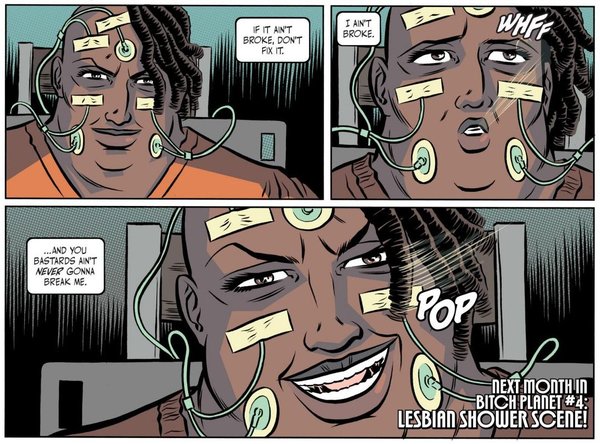
As someone with both an autism spectrum diagnosis and a history of mental illness, I fall into that intersectionality politely called ’dual diagnosis’, although it often feels more like ’falling between two stools’ than eligibility for duplicated supports. I am lucky to have won the postcode lottery and live in Cork City, the base of the only HSE-funded community support service in the country for adults with Asperger syndrome, where I get excellent social and other supports from Aspect, part of the Cork Association for Autism. I am unlucky to live in a country that otherwise has no services whatsoever for autistic adults (post 18 years) and where ’dual diagnosis’ means being shuffled between mental health services (as and when mental health is impacted) and social or disability support services. About 70-80% of people with Asperger syndrome also experience depression, anxiety and emotional difficulties. Suicidal thoughts are common and often difficult to identify. I want to share a particularly difficult recent encounter with psychiatric care that others in a similar position may find helpful to talk about.
Continue reading Autism and dual diagnosis in a psychiatric dystopia
